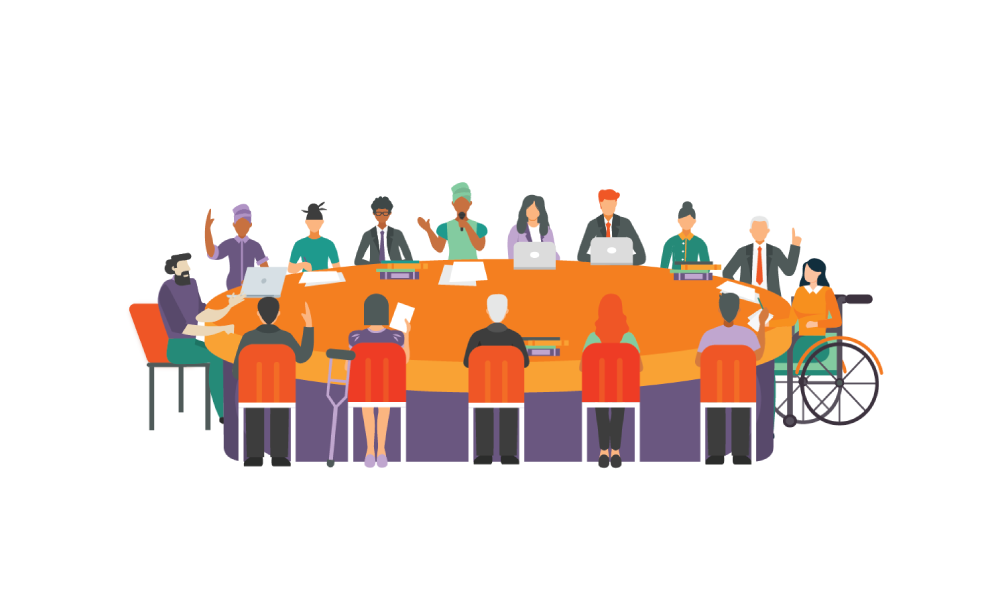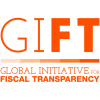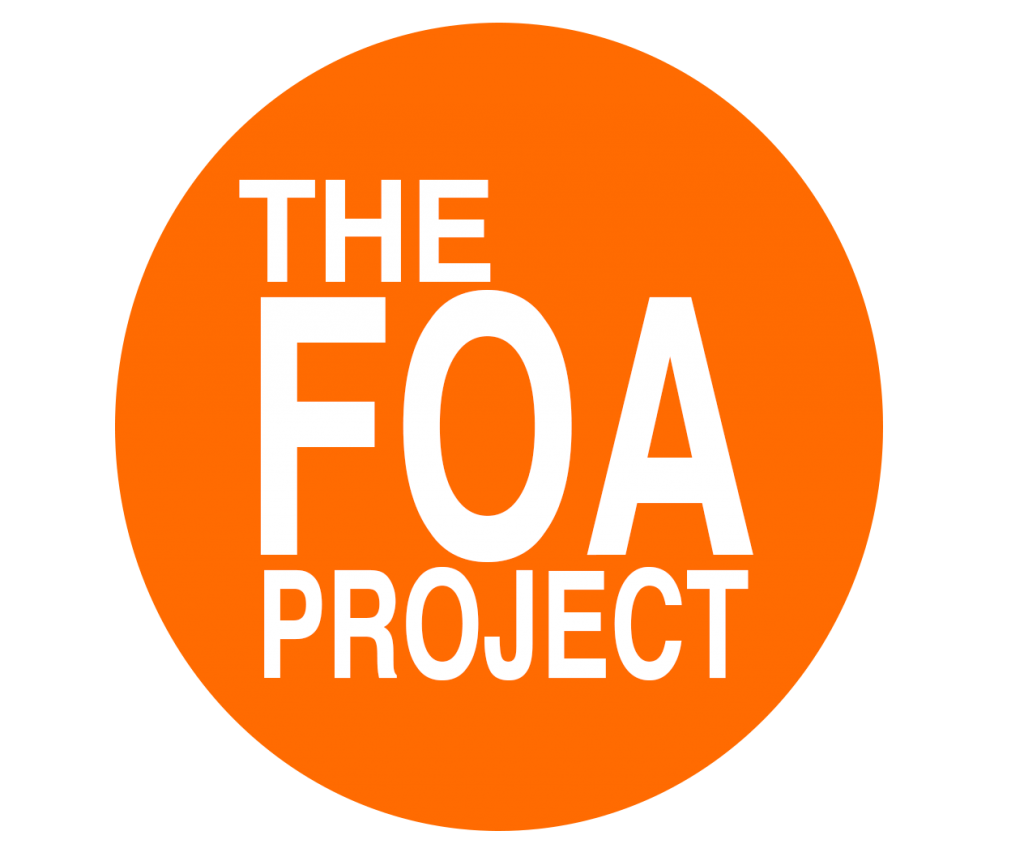
Technical collaboration and peer learning for meaningful openness
Facilitating country-level support and effective dialogue between and among budget officials and civil society through harnessing fiscal openness experiences, practical tools and innovations






